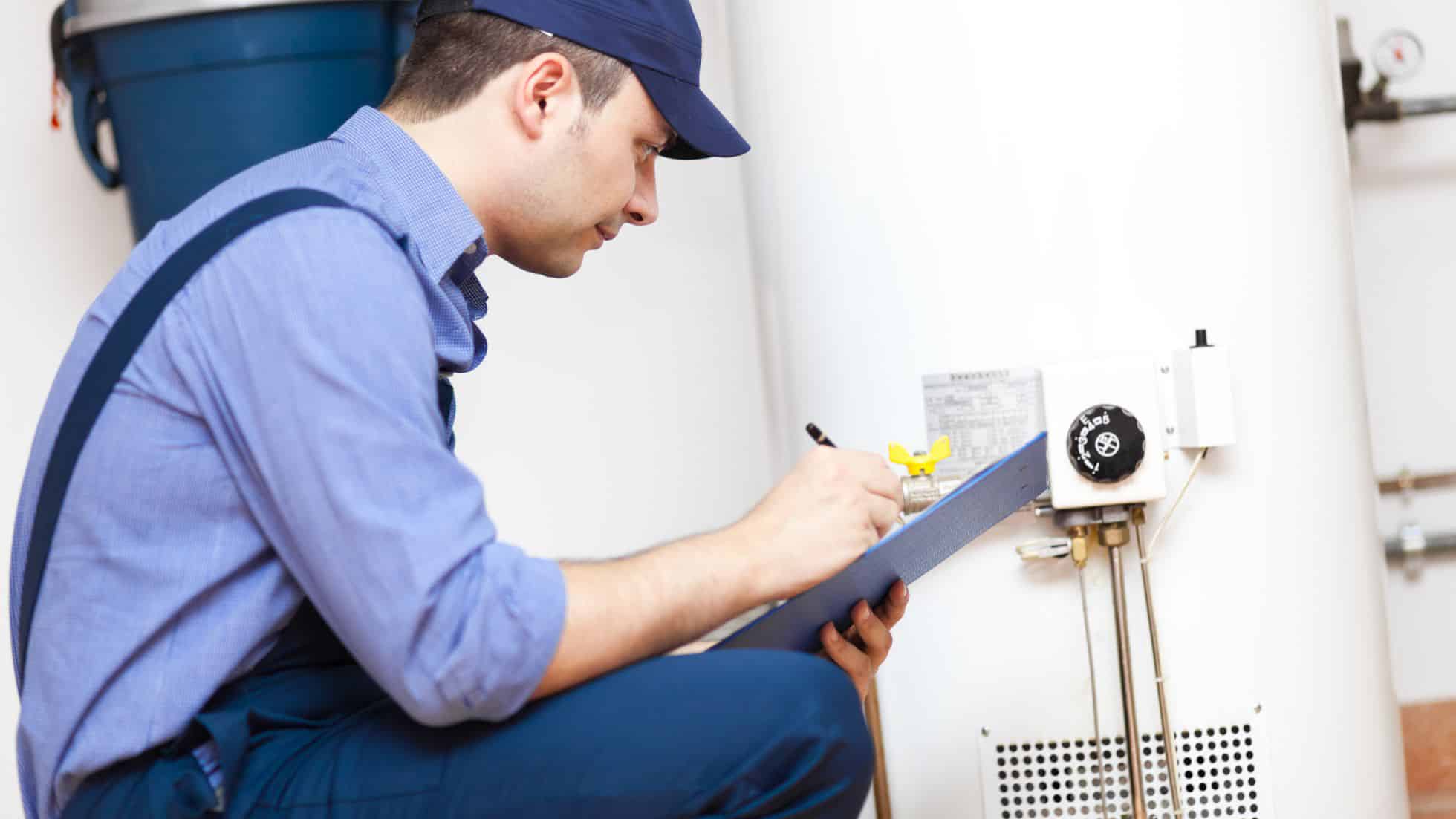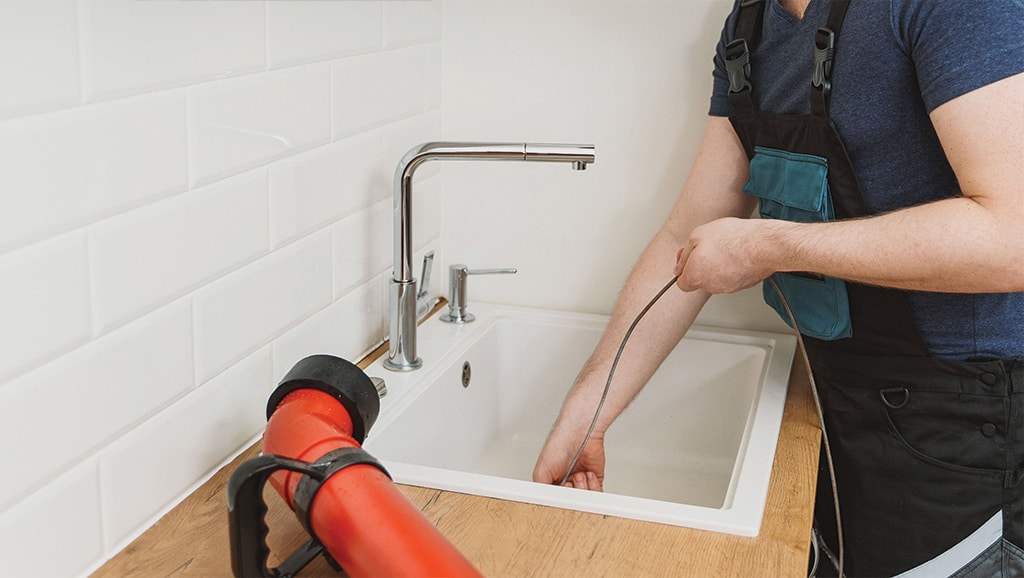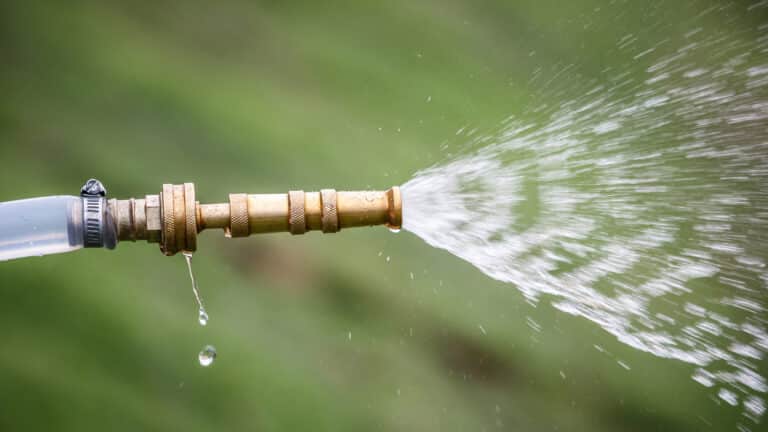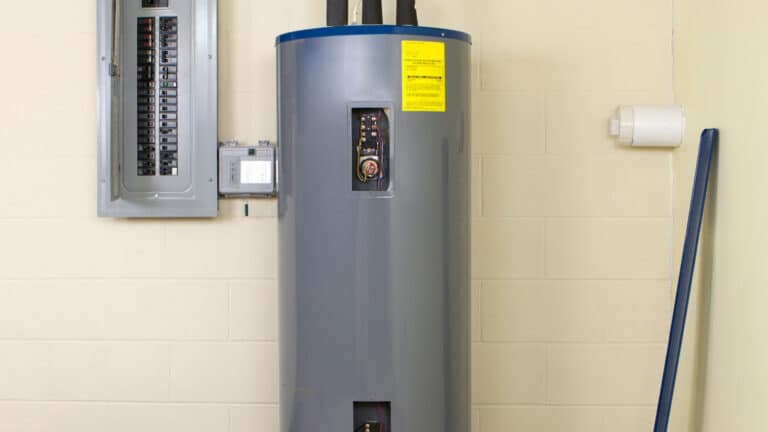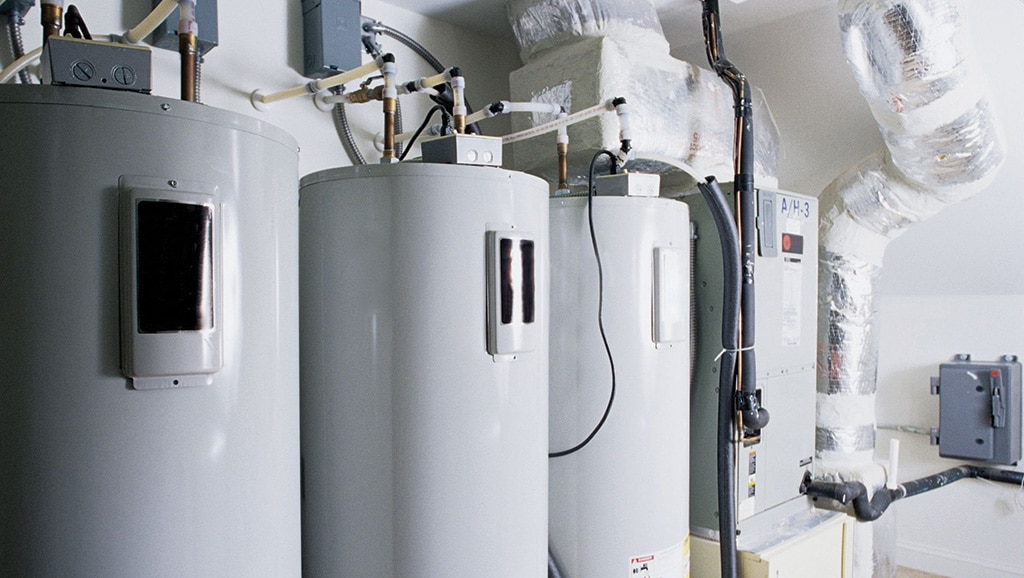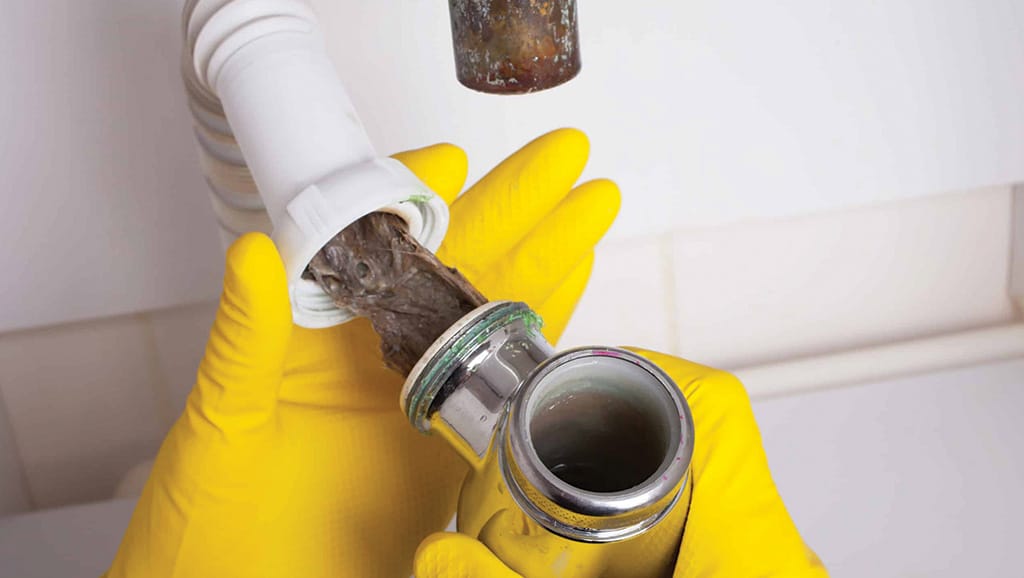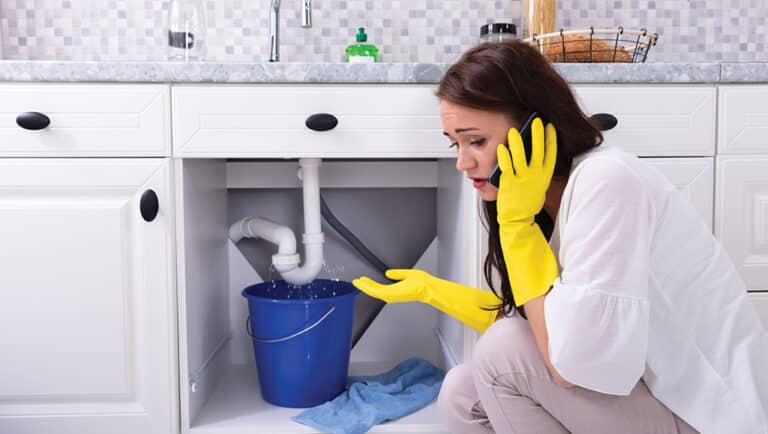As winter approaches, preparing your home for the colder months is essential, and your water heater plays a major role in ensuring your comfort. Few things are worse than stepping into a cold shower on a freezing morning, so getting ahead of any hot water heater problems is critical. From ensuring the pilot light stays on to checking for sediment buildup in the tank, identifying potential issues early can save you time, money, and chilly inconveniences.
Sign 1: Reduced Water Temperature or Lack of Hot Water
A common sign of trouble is when your water heater doesn’t produce enough hot water or if it takes unusually long to heat up. Causes might include sediment buildup at the bottom of the tank or a faulty heating element. If you’re only getting warm water or cold water after waiting, it’s likely due to:
- Sediment Buildup: Over time, minerals can accumulate, reducing efficiency. Flushing the tank periodically can help, but if issues persist, it may be time to call in a professional.
- Faulty Heating Element: In electric water heaters, the heating element could be worn out and may need replacement.
Regularly checking the drain valve to release any buildup can extend your water heater’s life, ensuring it’s working properly when you need it most.
Sign 2: Strange Noises Coming from the Tank
If your water heater is making loud noises—such as popping, rumbling, or banging—it’s likely due to sediment buildup. As sediment accumulates, it causes the heater to overwork, leading to noises that signal it’s struggling. Here’s what you can do:
- Flush the Tank: Draining the tank helps clear sediment, allowing it to heat water more effectively.
- Seek Professional Help: If noises persist, consider scheduling a water heater repair before the issue worsens.
Ignoring these sounds can lead to more severe damage, making it essential to address them early.
Sign 3: Discolored or Foul-Smelling Water
If you notice rusty, discolored, or foul-smelling water, this is likely due to an issue with the anode rod—a component that protects the inside of the tank from rusting. This problem could also signal bacterial growth in the tank, especially if you have warm but not hot water. Addressing this can involve:
- Anode Rod Replacement: A rusty or corroded anode rod needs replacing to prevent further damage to the tank.
- Professional Inspection: If the problem persists, call a professional to assess the issue and prevent any contamination in your water supply.
Sign 4: Water Heater Leaks or Pooling Water
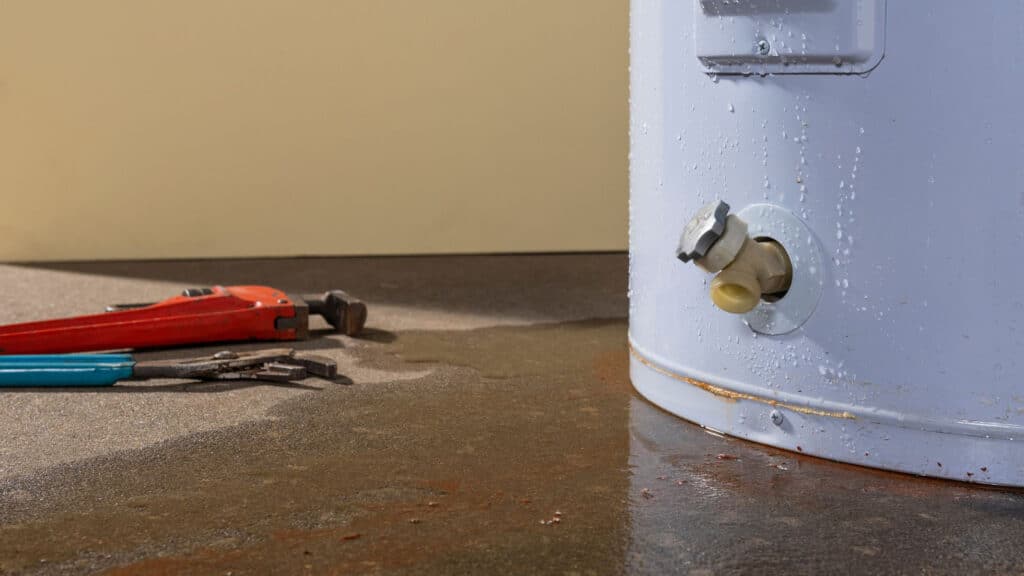
Finding water pooling around your heater or noticing a constant drip usually indicates a problem. Whether it’s from the drain valve, a worn-out gas valve, or even a crack in the tank itself, addressing leaks immediately is critical to avoid flooding or structural damage. Possible causes include:
- Loose or Faulty Valves: Check all valves to ensure they’re tightly sealed.
- Tank Damage: Leaks at the bottom of the tank can signal structural issues and may require a tank replacement.
If you spot any leaks, consider scheduling a seasonal checkup with a professional, as water damage can escalate quickly and cause costly repairs.
Sign 5: Pilot Light or Heating Element Issues
In gas water heaters, the pilot light is essential for heating water, but it can go out if there’s an issue with the gas supply or gas valves. In electric water heaters, the heating element can wear out over time. Common signs of these issues include:
- Pilot Light Won’t Stay Lit: This might indicate a gas supply problem or a worn-out thermocouple.
- Faulty Heating Element: If an electric heater isn’t providing hot water, a faulty element might be to blame.
Turn off the power to your heater before inspecting these components or call a professional to handle the repair safely.
Conclusion
Taking the time to inspect your water heater and watch for these signs can prevent inconvenient and costly issues as temperatures drop. Scheduling a repair before winter not only ensures you have a reliable hot water supply but also prolongs the life of your water heater. For homeowners, early inspection is key to a warm, hassle-free season. If any of these issues sound familiar, consider arranging a water heater repair before winter fully sets in—ensuring you stay comfortable and cozy all season long.
For more tips on seasonal home maintenance, check out our guide on clogged drain removal.

